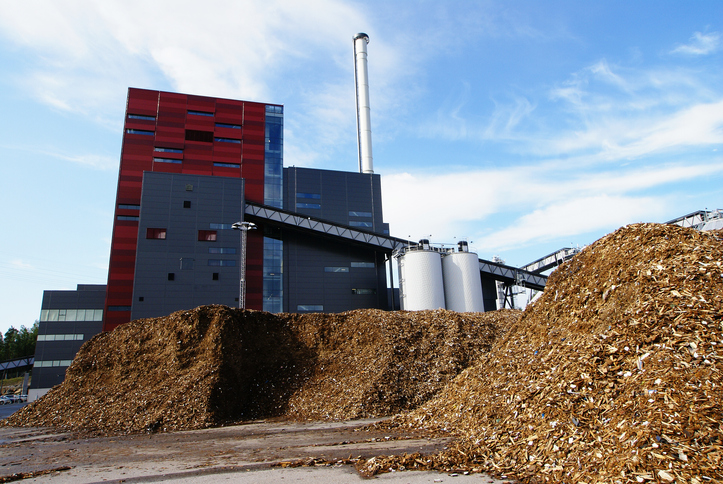Ethanol and Biodiesel 101
Ethanol is a simple alcohol that can be used as fuel. Due to recent federal mandates, it is increasingly being blended into gasoline. For the context of this paper, it is a manufactured biofuel, usually made from corn, sugarcane, or other agricultural products.1 In the United States, almost all ethanol for fuel use is made from corn.2
Biodiesel is made from vegetable oil, palm oil, or similar products, including leftover cooking grease. In the United States, the majority of biodiesel is made from soybean oil.3
Biofuels vs. Gasoline
Ethanol has a lower energy density than gasoline, at about 20 megajoules per liter compared to gasoline’s 33.4 Ethanol does have a higher average octane value, meaning it can burn more slowly, which slightly increases energy efficiency. However, ethanol’s higher octane does not make up for its lower energy density. Essentially, when ethanol is added to fuel, vehicle fuel economy declines. In fact, it takes 1.5 times more fuel to travel the same distance on ethanol than with a purely gasoline-fueled vehicle.
Ethanol also attracts water, which can separate and cause mechanical issues. Fuel blended with ethanol corrodes rubber components in older vehicles, older fuel storage tanks, and can badly damage small engines such as those used in lawnmowers and boats. Indeed, the U.S. Coast Guard warns boaters not to use gasoline containing ethanol in their boats.
Ethanol should not be not shipped via pipeline because it attracts too much water, which is often present inside pipelines.5 Because ethanol is also more corrosive, it is likely to shorten the life of
any pipelines used to ship it. This being the case, ethanol is usually shipped by truck, rail, and barge.
Download

